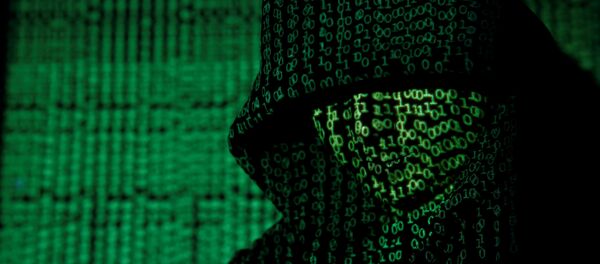The ministry hopes to establish world-class network security colleges for the brightest minds to teach and learn in the next 10 years, according to a Wednesday MoE announcement. By 2027, select colleges and universities will implement "comprehensive" interdisciplinary programs that blend engineering expertise and legal and management studies, the release noted. The ministry will cooperate jointly with the Cyberspace Administration of China to carry out the initiative.
"It is obvious that China aims to build a cyber army," The Diplomat’s Charlotte Gao opined Thursday.
Chinese cyberwarfare specialists have been active for years with remarkable aptitude. In 2015, four Chinese-speaking hackers were arrested in China for their involvement in the breach of the US Office of Personnel Management’s database, the Washington Post reported. OPM’s data centers store information on US government personnel, that includes, among other facts, who has a security clearance and whether that clearance is confidential, secret or top secret.
Lawfare writer Michael Adams explained what it was like watching news of the breach unfold as someone who had clearance for more than 30 years: “Like many others, I initially assumed the breach involved only routine background checks; it never occurred to me that the ‘actual’ security clearances could be held at OPM.”
“Then, in mid-June, officials confirmed a second breach involving the security clearance files of current, former, and prospective federal employees. The compromised data included SF-86 forms which contain intimate details about the prospective employee’s personal life, family members, and other contacts,” he explained.
In 2016, 50-year-old Chinese-Canadian dual citizen Su Bin pleaded guilty in China to sending stolen F-35 blueprints to Chinese government officials, according to Vice News. About 50 terabytes of information were nabbed in the F-35 breach, former NSA contractor Edward Snowden said at the time, a figure that’s roughly five times the amount of data stored by the US Library of Congress.
China aims to continue building its army of effective and educated cyber specialists with the initiative. If the programs are successful and become "world-famous" within just 10 years, it could substantially raise the level of prestige of participating Chinese schools relative to international counterparts.
China ought to “take great effort, invest big money, invite [the] best teachers, compile excellent teaching materials, recruit good students and build first-class cybersecurity schools," Chinese President Xi Jinping said in the release. As part of the program, four to six colleges and universities will be chosen to receive government resources.




